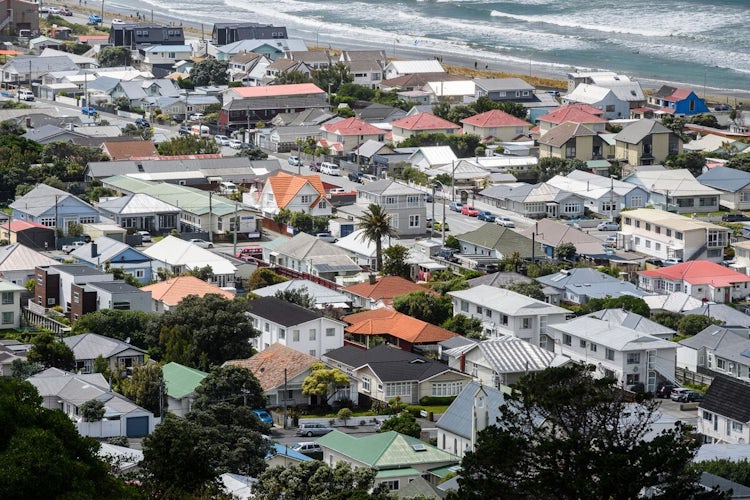What will be the impacts of interest deductibility? KO says they have no impact on house prices, and the campaign for better property management.
Too long; didn't read? Here're this week's TLDRs...
More sales, prices rise as activity builds in the property market
Read the article
Housing recovery spreads to nearly 60% of NZ suburbs
Read the article
Rental yields took a breather at the end of 2023
Read the article
BNZ: Housing market will remain flat Q1, Q2
Read the article
Putting a date on interest deductibility
Read the article
Tony Alexander: Don’t expect landlords to lower their rents
Read the article
How much money can you make as a property investor?
Read the article
Has the Government opened the floodgates to property investors?
Read the article
Wellington City Council votes to increase housing density
Read the article
Rates up average of 15% across the country
Read the article
KO: We do not impact house prices
Read the article
TA: In hindsight...
Read the article
REINZ announces renewed campaign for better property management
Read the article



